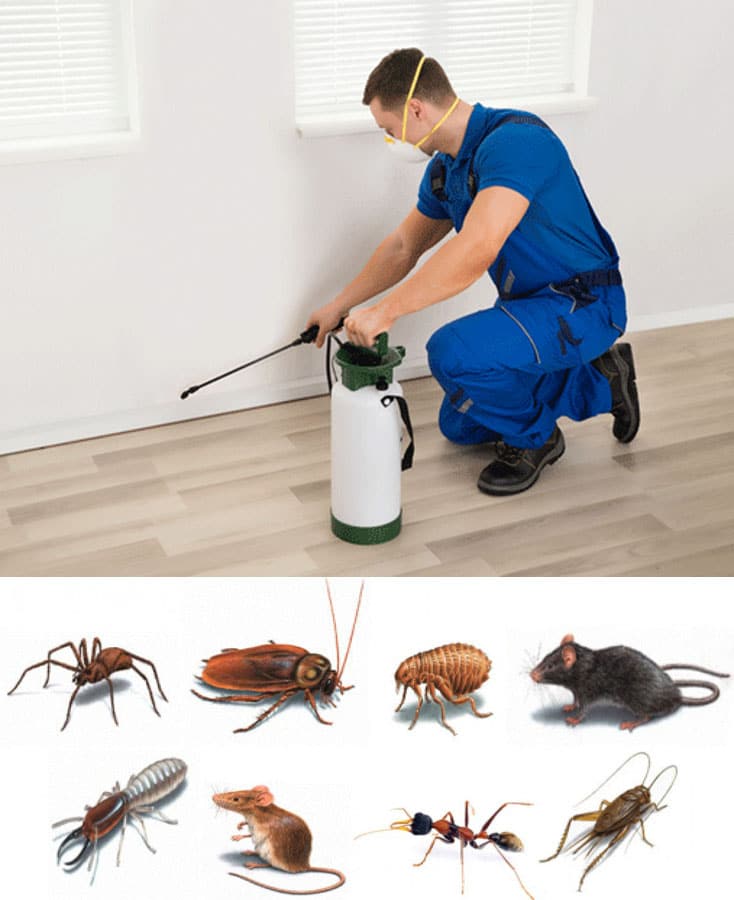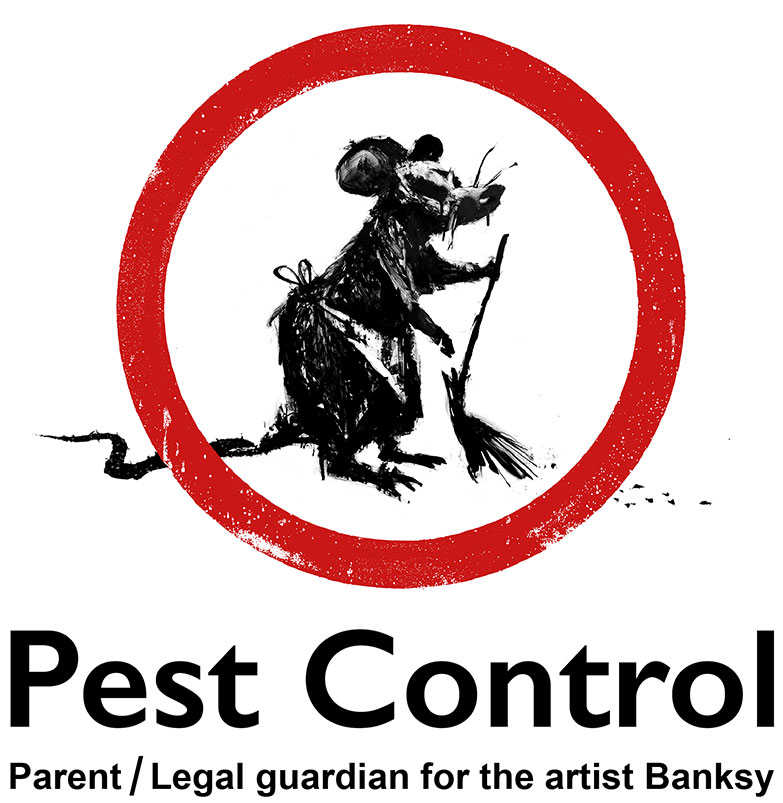Hassle-free Pest Control Near Me: Specialist Solutions at Your Front door
A Comprehensive help guide to the various Types of pest control management practices
Pest control management is a significant aspect of keeping an excellent and livable environment, should it be within our houses, home gardens, or work environments. Using the myriad of pest control management techniques readily available, it could be intimidating to discover the most effective remedy for a specific problem with pests. From substance and biological ways to physical and normal options, each method has its own distinctive skills and limits. Within thorough guide, we'll explore these several types of pest control methods, supplying ideas in their applications and advantages. Towards the end, you'll have a clearer comprehension of which technique may be the most readily useful fit for the pest control management needs. Therefore, let's jump into the interesting world of pest control and uncover the secrets to a pest-free atmosphere.
Chemical Pest Control Methods

One usual types of substance pest control management is actually pesticides. Pesticides tend to be compounds which can be particularly formulated to kill or repel bugs. They may be applied in several types, including sprays, baits, or dusts. Pesticides target particular pests, such mosquitoes, termites, or ants, might be used both indoors and out-of-doors.
Another kind of substance pest control is actually rodenticides. These are generally chemical compounds made to manage communities of rats or rodents, including rats and mice. Rodenticides are typically used in lure type, which lures the rats following eliminates them after ingestion. These include commonly used in farming configurations, as well as in domestic and industrial buildings.
Weed killers, also called herbicides, tend to be another type of chemical pest control approach. Herbicides are created to selectively destroy unwelcome plant life, called weeds, without producing problems for attractive plants. These include commonly used in farming, gardening, and gardening to regulate the development of unwanted vegetation.
While chemical pest control management methods is effective in removing bugs, it is critical to use them judiciously and follow security directions. Overuse or misuse of chemical pesticides or herbicides have negative influences on individual health insurance and the environmental surroundings - Pest control near me. Therefore, it is very important to hire these processes sensibly and consider alternative pest control methods whenever feasible
Biological Pest Control Management Practices
Biological pest control management practices include the application of living organisms or normal materials to control and get a grip on bug populations. Unlike chemical techniques, which depend on synthetic pesticides, biological control methods utilize all-natural opponents of bugs to manage their particular populations. This approach is recognized as more green and renewable, because decreases the utilization of harmful chemicals and minimizes the possibility of pesticide opposition.
One popular biological pest control technique is the development of normal predators or parasitic organisms. Like, ladybugs tend to be introduced to regulate aphids, while specific wasp species tend to be introduced to target caterpillars. These predators and parasitic organisms feast upon pests, lowering their particular figures and stopping infestations.
Another biological control method is the application of pathogens. Some bacteria, infections, and fungi may be employed to infect and kill certain pests. Such as, the bacterium Bacillus thuringiensis is often used to get a grip on caterpillars, whilst generates contaminants which are dangerous to the insects.
Biological control techniques may include employing pheromones or normal materials that affect the mating habits of pests. Pest control near me. By curbing their replica, these procedures help decrease bug communities eventually
While biological pest control management techniques are usually successful, they may require longer times to achieve desired effects in comparison to chemical techniques. Furthermore, consideration needs to be provided to the selection and discharge of normal opponents to stop unintended problems for useful bacteria or ecosystems.
Physical Pest Control Techniques
To efficiently handle and get a grip on pest communities, choice pest control methods named actual pest control practices are utilized. These procedures include the usage bodily obstacles, traps, or gadgets to avoid bugs from opening or harming house. One usual actual pest control management method is the utilization of displays or nets keeping bugs away from buildings or landscapes. These screens are typically made from fine interlock content enabling for ventilation while avoiding bugs from entering. Another actual pest control technique is installing walls or walls to help keep bigger pests, including deer or rabbits, from gardens or farming fields. These obstacles physically stop the pests' accessibility the area, decreasing the possibility of damage. Also, barriers and units can be used to catch or repel bugs. Eg, gluey barriers may be placed in places that insects tend to be a problem, and pests come to be caught for the adhesive surface. Ultrasonic gadgets could also be used to emit high-frequency noise which can be unpleasant to pests, leading to these to leave place. Real pest control practices tend to be an environmentally friendly alternative to compound pesticides, because they do not use the utilization of harmful chemicals.
Herbal Pest Control Practices
All-natural pest control management strategies provide a lasting and environment-friendly method to handling and reducing bugs. These procedures prioritize the employment of organic materials and biological representatives, minimizing the necessity for chemical pesticides or herbicides which can hurt the environment and real wellness. The most usual natural pest control management practices is actually biological control. This involves bringing in natural predators or parasitic organisms to prey on or parasitize the insects. For instance, ladybugs in many cases are introduced to landscapes to control aphid communities. Another all-natural method is the aid of repellents based on plants. Particular plants, instance marigolds, lavender, and peppermint, emit fragrances that repel pests like mosquitoes, flies, and ants. Additionally, check my source cultural control techniques can be employed avoiding and control bug infestations. This can include the proper sanitation, typical upkeep, and promoting biodiversity inside garden. Like, turning vegetation, the removal of garden dust, and stimulating natural predators will help stop the buildup of pests. By adopting these normal pest control practices, individuals and communities can efficiently control bugs while minimizing the bad influences on ecosystem and individual health.
Integrated Pest Control (IPM)
Built-in Pest administration (IPM) is a comprehensive and methodical way of pest control that combines different methods and techniques to effectively handle bugs while minimizing employing substance pesticides. IPM is designed to keep pest communities below the financial harm amount through the use of a mix of social, biological, and chemical control practices.
Cultural control methods include changing environmental surroundings to make it less favorable for bugs. This could possibly add techniques eg crop rotation, the proper sanitation, together with utilization of look at this now resilient plant types. By generating unfavorable problems for insects, cultural control techniques can somewhat decrease pest communities.
Biological control practices involve the usage of organic opponents, particularly predators, parasitic organisms, and pathogens, to regulate pests. These normal foes assist manage bug communities by feeding on or infecting them. By adding and boosting communities of beneficial organisms, biological control methods can efficiently control bugs.
Chemical control strategies utilized as a final hotel in IPM. They include the specific and judicious using pesticides or herbicides to handle bug communities. Unlike main-stream pest control techniques, IPM will minmise making use of substance pesticides or herbicides by using alternate techniques.

Bottom Line
To conclude, this information has provided a thorough summary of various types of pest control management practices. It discussed chemical, biological, actual, and natural pest control strategies, and the incorporated pest control strategy. By understanding these different techniques, individuals will make updated choices on which pest control management technique is the most suitable because of their specific requirements and tastes. Powerful pest control go to website management is a must in sustaining an excellent and pest-free ecosystem.